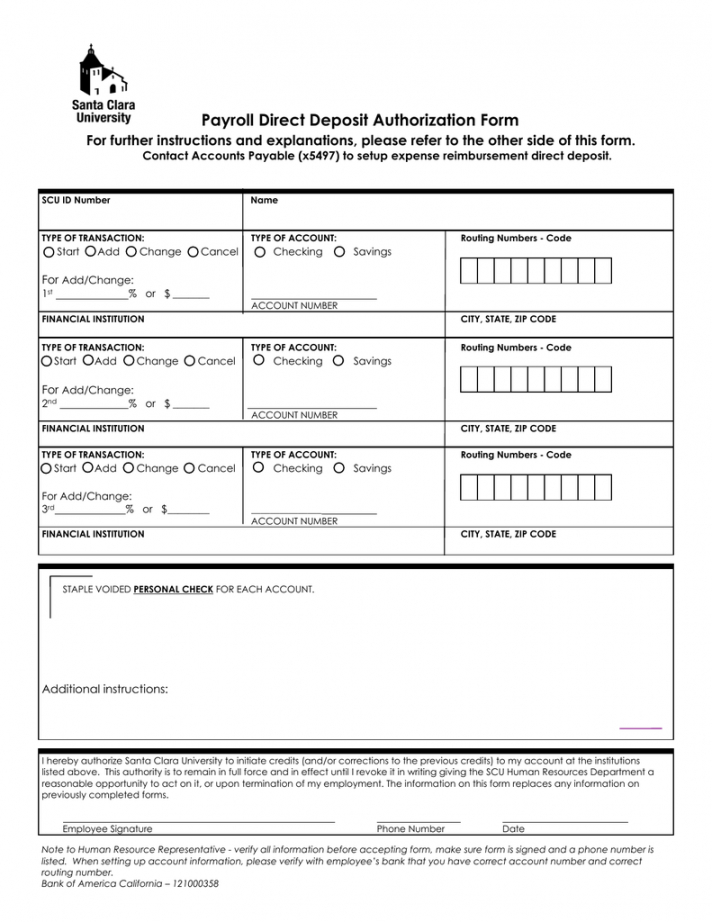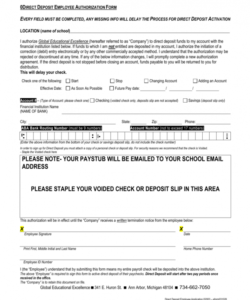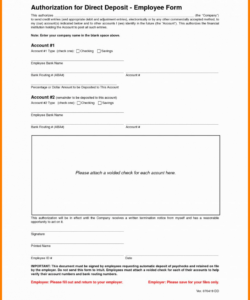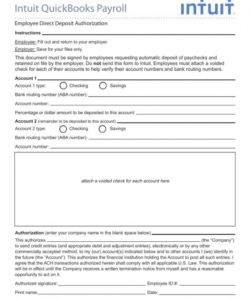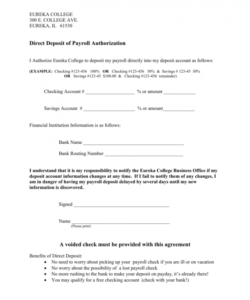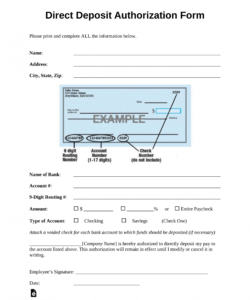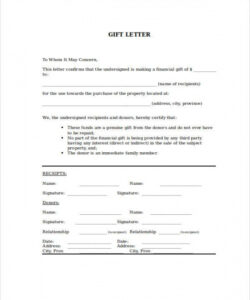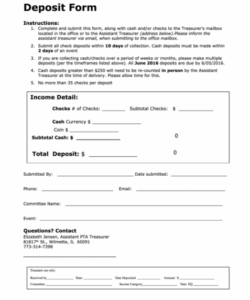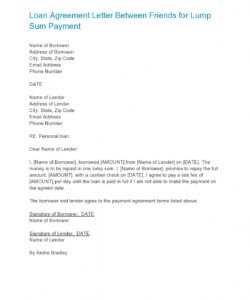Direct deposit payroll authorization form, Landlords often ask a new tenant to pay 1 month’s rent beforehand and a deposit. The deposit is held by the landlord before the tenant leaves the home. When there is harm to the house or rent arrears the landlord uses the deposit to pay the costs. Many landlords fail to protect the deposit. There are two types of authorised deposit approaches offered in the united kingdom. They’re custodial or insurance based schemes.
Custodial – this kind of coverage requires the landlord to pay the complete amount of the deposit to a documented scheme. The cash is held in the scheme until the tenant leaves the property. Providing there are no disputes the deposit is paid back to the tenant. Where there’s a dispute that the scheme uses an adjudicator to arbitrate between tenant and landlord. The adjudicator’s decision is normally final. Insurance – having an insurance policy type strategy the landlord retains the entire deposit. The landlord pays a fee for insurance to safeguard the deposit. The insurance must be obtained with a government approved strategy. After the tenant leaves the house that the landlord repays the deposit back to the tenant. Insurance type schemes also have an adjudicator support if there is a dispute. When a dispute does arise that the adjudicator will need the landlord to cover the full deposit into the plot while the dispute is researched.
As landlord / tenant issues are among the most frequent legal questions I receive from friends, I’d love to discuss rights and responsibilities regarding security deposits within this informative article. In the end I shall include a sample letter you can send to your landlord for return of your deposit. Please note all info in this post is specific to California law. The laws of your state or jurisdiction may differ. Many nations offer renter’s handbooks that would include important laws, or you need to contact an attorney licensed in your jurisdiction for assistance.
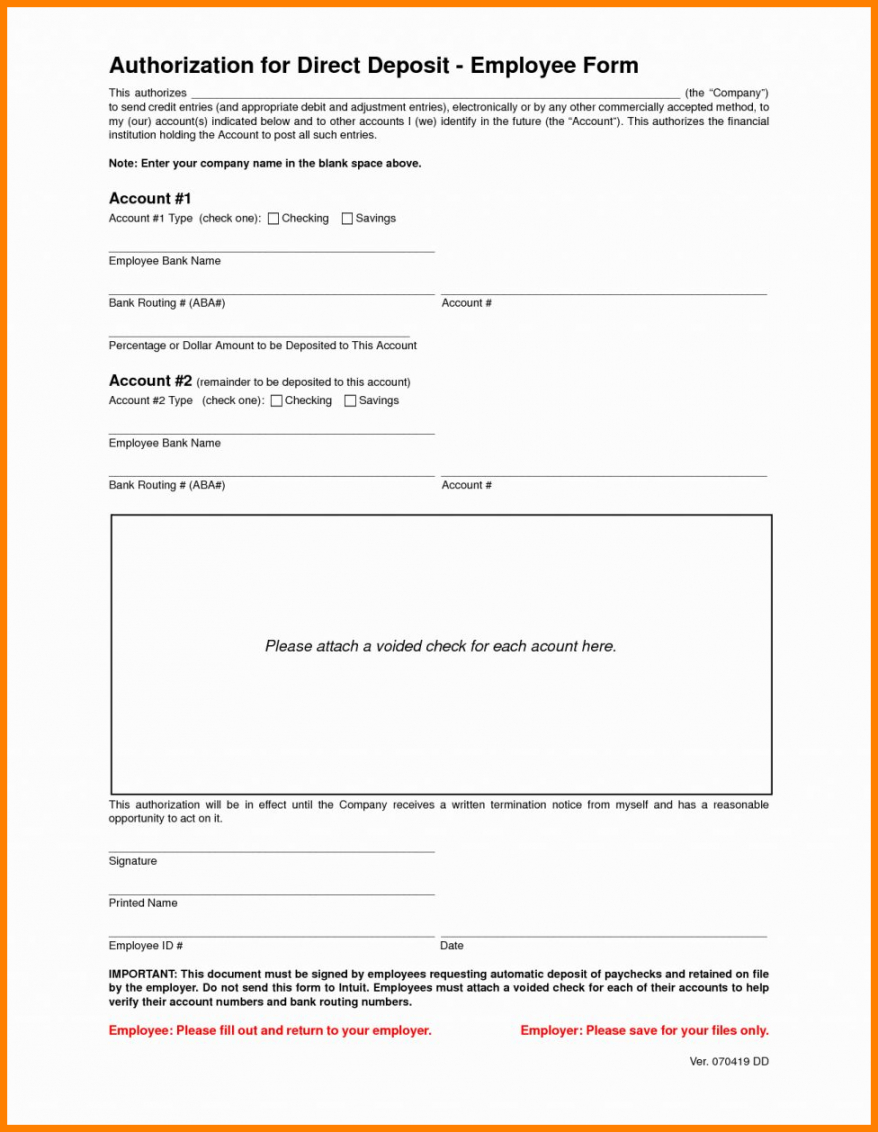
Where the landlord fails to register the bond you will find hefty penalties. The landlord can have to pay the tenant a sum three times greater than the deposit; or they can have to pay back all lease and a punishment or the landlord could lose the right to evict the tenant from the home the decision on the penalty is taken by the court. Some landlords say they don’t take deposits that they just ask the tenant to pay two months rent beforehand. If the tenant pays rent monthly and the landlord always has a float of one month’s lease this is just like taking a deposit along with the rules relating to failure to enroll a deposit will apply.

